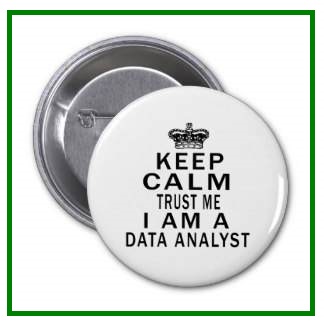For more than two years, I have been worrying aloud about the lack of training for nonprofit professionals who want to lead their organizations in implementing outcomes management and data visualization. Today I’m rejoicing, because Tech Networks of Boston opened registration for a free (and sales-pitch-free) half-day outcomes management training for nonprofit executives.
It’s happening in April because some wonderful allies have stepped up – such as TNB’s co-hosts, the Mel King Institute and the College of Public and Community Service at the University of Massachusetts, and the wonderful Kathryn Engelhardt-Cronk of Community TechKnowledge, who will serve as our trainer.
This isn’t the full series of three day-long trainings on outcomes management and outcomes data visualization that I had originally envisioned, and that I still hope we can organize. If we are able to do that, the other trainers will be the equally wonderful Beth Kanter and Georges Grinstein. Right now, I’m looking at plans for Kathryn’s half-day outcomes management training as a miracle in itself, but also as the thin edge of the wedge. (If you prefer more up to date jargon, you can call it a “proof of concept.”)
Of course, my thinking has become even more grandiose since I originally came up with the idea of a three-day outcomes/data viz training series. Now I’m thinking in terms of a “Massachusetts Institute of Nonprofit Technology,” in which the first initiative would be a degree program in nonprofit data analysis.
Let’s take this training opportunity, which will be brief in comparison to the more elaborate programs that I’ve envisioned, and build on it!










